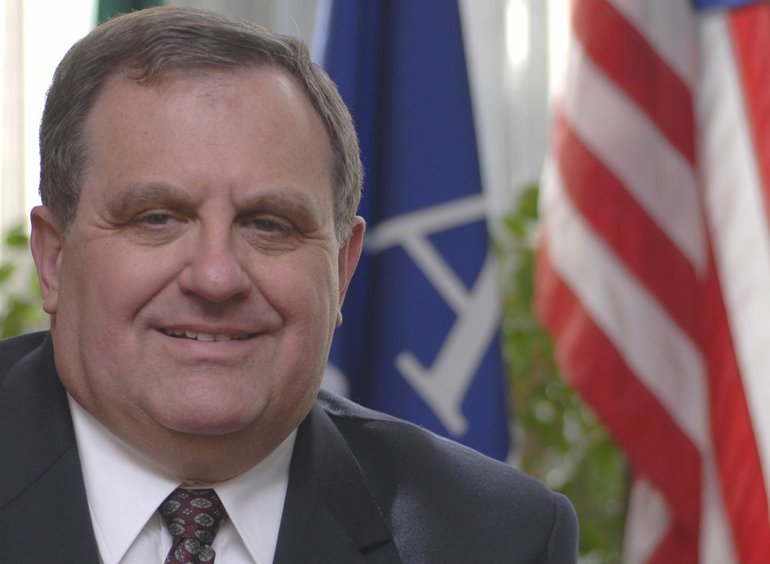Today, the good news is cars are safer, more fuel-efficient and emit fewer greenhouse gases. The bad news is today’s automobiles burn less gas and cars in the future will be fueled by cleaner electricity and even hydrogen.
So how could this be bad news? Two words: gas tax.
Since President Eisenhower modeled our interstate highway system after the German autobahns, our roads have been built and maintained with federal and state gas taxes. In Washington, the 18th amendment to our state constitution dedicates fuel tax revenues to the road and highway system.
When cars and trucks were getting 10 to 12 miles per gallon, there was plenty of money to build and maintain roads. But as cars got more fuel-efficient, they used less gas, meaning less gas tax revenue for construction projects and maintenance.
When gas tax revenues fell short, voters were asked to approve tolls to finance the construction of bridges such as the SR 520 bridge, the Hood Canal floating bridge, and the Interstate 5 bridge across the Columbia. The tolls were approved with the promise that they would end when the bridges were paid for.
Therein lies the problem today.
Because cars use less gas and alternative fuel vehicles are often exempt from the sales tax, the highway trust funds are broke. States are finding it impossible to fund added road capacity and even maintain the current highway network.
State lawmakers can’t turn to federal highway trust funds because they’re drained as well.
Further complicating the problem is the fact that highway construction is much more expensive because increasingly, projects require routes through urban centers and neighborhoods rather than farm fields and woodlands.
With gas and diesel hovering between $4 and $5 a gallon, voters are reluctant to support higher gas taxes. Our state gas tax is 37.5 cents a gallon — the eighth highest gas tax in the nation. When you tack on the federal gas tax of 18.4 cents, Washington motorists are really paying 55.9 cents of tax per gallon.
Pact with tribes
However, not all the state’s gas taxes go to build or maintain roads. In 2007, the Legislature passed Senate Bill 5272, which authorized the governor to enter into new fuel tax compacts with federally recognized Indian tribes that operate fuel stations in Washington state.
Gov. Chris Gregoire settled tax agreements with 23 Indian tribes that require tribal-owned fuel stations to collect the state gas tax from motorists at the pump — but then state officials give back 75 percent, or 28 cents per gallon, to Indian tribes. Since 2005, motorists have lost nearly $91 million in gas tax revenue to Indian tribes — money that could be used for state roads and highways.
Washington, like the rest of our nation, is in transition. Even with more cars and trucks on the road, fuel efficiency is not generating the revenue to build and maintain the highways and roads of the future.
So what’s the answer?
First, alternative fuel vehicles must contribute their fair share to highway and road construction — as well as bicyclists, who use the roads, but pay no gas taxes. Sen. Mary Margaret Haugen, D-Camano Island, chair of the state Senate transportation committee, proposed a $100 annual registration fee for electric vehicles as a way to cover part of the costs of their road usage.
Second, tolling must be part of the construction and maintenance funding for roads and bridges.
Third, motorists seeking to avoid heavy traffic should be able to use special HOT, or high occupancy toll, lanes.
Finally, transit schedules should be geared only to customer demand, eliminating runs of virtually empty buses and ferries during non-demand periods.
The good news is we have the technology. The bad news is we take too long to study, approve and build anything.
The days of relying on the gas tax to carry the freight (and people) are gone. It’s time for something new.
Don Brunell is president of the Association of Washington Business, Washington state’s chamber of commerce. Visit http://www.awb.org.



